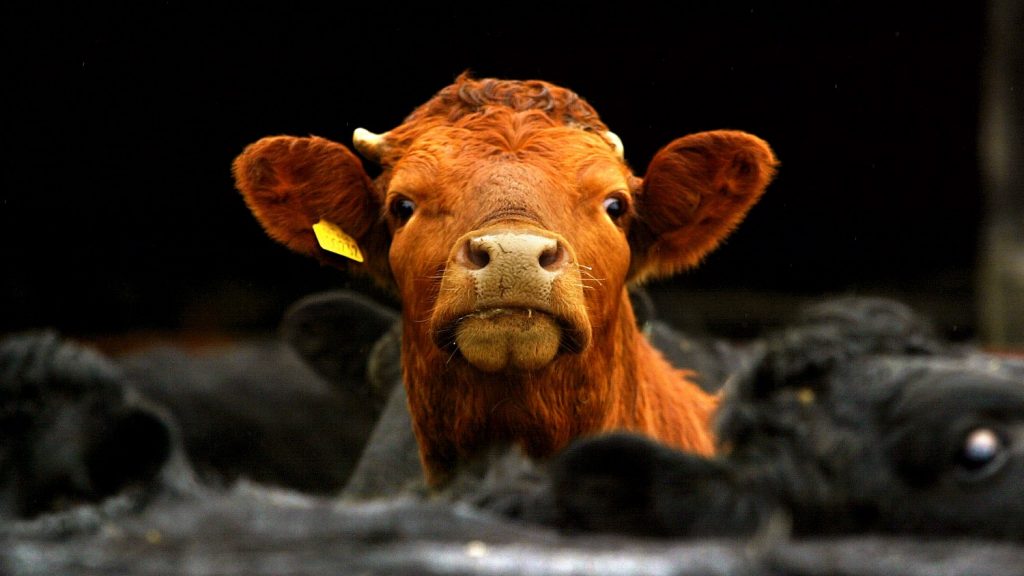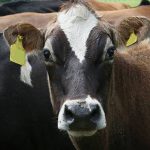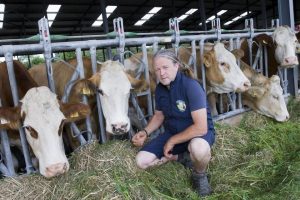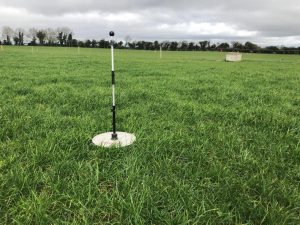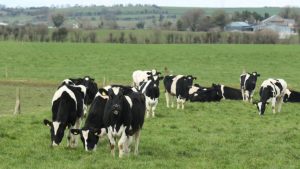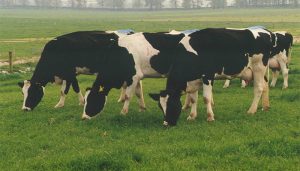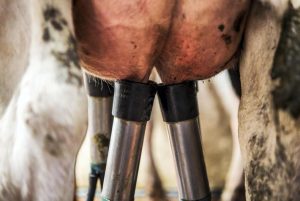
Subsidies for beef and dairy farmers should be scrapped and farmers and big food producers should be treated the same as “Big Tobacco”, a leading scientific journal has claimed.
Just days after it published a report calling for a 90pc reduction in meat consumption worldwide, The Lancet today calls for farming subsidies to be redirected away from dairy and beef to “sustainable farming for healthful food”.
The Lancet also calls for farmers and “big food” to be treated the same as Big Tobacco and be banned from lobbying and engaging with governments.
A key recommendation of today’s publication calls for the establishment of a Framework Convention on Food Systems, a global treaty to set ambitious policy goals and to limit the role of ‘big food’ in policy-making. Such a framework, it says, would be similar to how Big Tobacco was excluded from policy-making, and would explicitly exclude food and drink companies and industry associations from any policy discussions at national levels.
A key recommendation of today’s publication calls for the establishment of a Framework Convention on Food Systems, a global treaty to set ambitious policy goals and to limit the role of ‘big food’ in policy-making. Such a framework, it says, would be similar to how Big Tobacco was excluded from policy-making, and would explicitly exclude food and drink companies and industry associations from any policy discussions at national levels.
“Governments need to regain the power to act in the interests of people and the planet and global treaties help to achieve this. Vested commercial interests need to be excluded from the policy table, and civil society needs to have a stronger voice in policy-making,” it said.
The report goes on to say a reduction in “unhealthy” food consumption – such as red meat and sugar – through taxes, mandatory health and environmental labelling is necessary to tackle global obesity and climate change.
The report goes on to say a reduction in “unhealthy” food consumption – such as red meat and sugar – through taxes, mandatory health and environmental labelling is necessary to tackle global obesity and climate change.
It also says that malnutrition, including obesity, is the leading cause of poor health and in the near future, the health effects of climate change will considerably compound these health challenges.
The report says “unhealthy subsidies” in agriculture are costly and do enormous harm to developing country farmers and agriculture-based development policies.
The report says “unhealthy subsidies” in agriculture are costly and do enormous harm to developing country farmers and agriculture-based development policies.
According to the report from the Lancet Commission on Obesity, there should be a reduction in “unhealthy” food consumption through taxes and the redirecting of farming subsidies away from dairy and beef farming to what it calls “sustainable farming for healthful foods”.
Richard Kennedy, deputy president of the Irish Farmers’ Association (IFA), said he was strongly against the proposals.
Richard Kennedy, deputy president of the Irish Farmers’ Association (IFA), said he was strongly against the proposals.
Mr Kennedy said any comparison between meat producers and the tobacco industry was “absolutely crazy”.
“That’s a complete over-exaggeration,” he told the Irish Independent. “Producers depend on those subsidies, but it’s not just for the producer, it’s for the consumer, too – to make it affordable.”
He pointed out the industry was worth millions to the Irish economy. He also said that red meat had long been a staple of the human diet.
“Meat is a healthy, nutritious food and can be part of a healthy diet. There seems to be two questions here, but when it comes to obesity, the message is don’t eat too much, as it is with any food,” he said. “We have eaten meat all down through history.”
“Meat is a healthy, nutritious food and can be part of a healthy diet. There seems to be two questions here, but when it comes to obesity, the message is don’t eat too much, as it is with any food,” he said. “We have eaten meat all down through history.”
For other foods, the report calls for measures such as regulation for the marketing of unhealthy products to children, front-of-pack warning labels and fiscal policies.
Dr Richard Horton, editor-in-chief of The Lancet, says the prevailing business model of large international food and beverage companies that focus on maximising short-term profits leads to overconsumption of nutrient-poor food and beverages in high-income countries and increasingly in low and middle-income countries.
Dr Richard Horton, editor-in-chief of The Lancet, says the prevailing business model of large international food and beverage companies that focus on maximising short-term profits leads to overconsumption of nutrient-poor food and beverages in high-income countries and increasingly in low and middle-income countries.
The report also says over the past two decades, obesity, undernutrition and climate change have been viewed as separate, and policy responses have been unacceptably slow due to reluctance of policy-makers to implement effective policies.
“Undernutrition is declining too slowly to meet global targets, no country has reversed its obesity epidemic, and comprehensive policy responses to the threat of climate change have barely begun,” he said.
The report says economic incentives need redesigning.
“Undernutrition is declining too slowly to meet global targets, no country has reversed its obesity epidemic, and comprehensive policy responses to the threat of climate change have barely begun,” he said.
The report says economic incentives need redesigning.
Led by the University of Auckland (New Zealand), the George Washington University (US), and World Obesity Federation (UK), the new Lancet Commission is the result of a three-year project led by 43 experts from a range of expertise from 14 countries.
